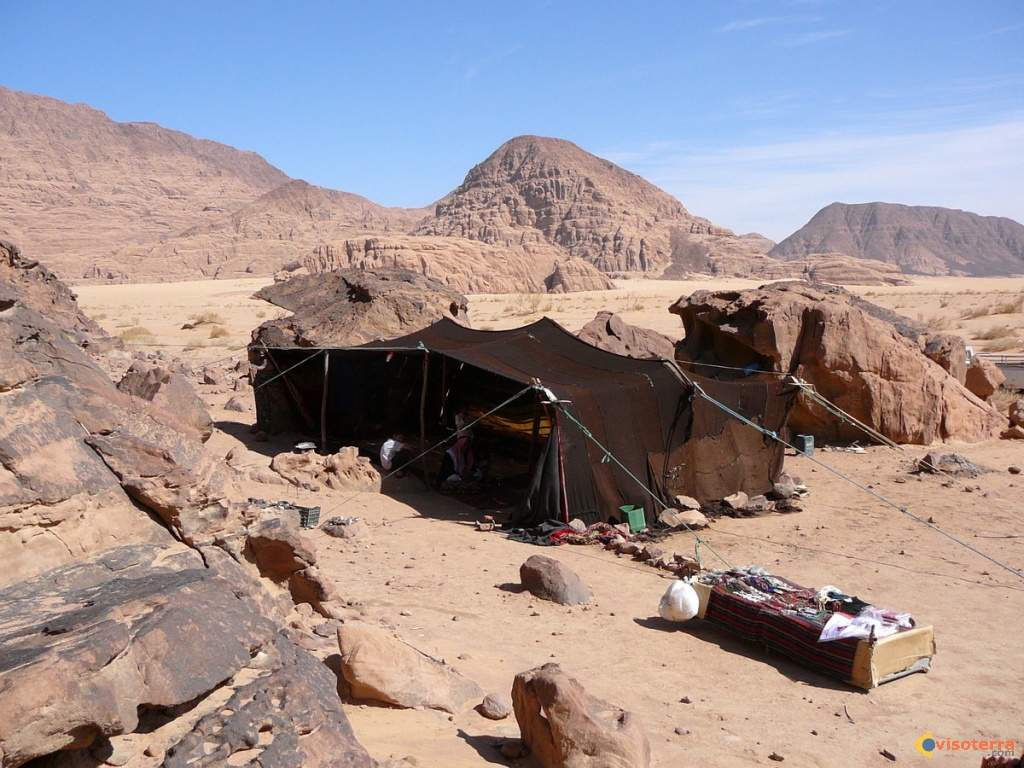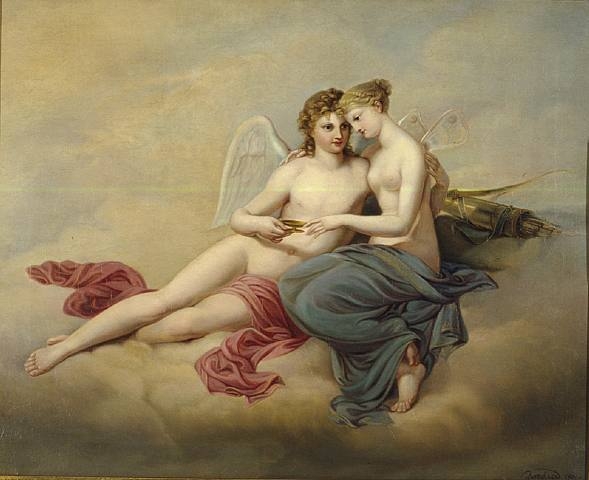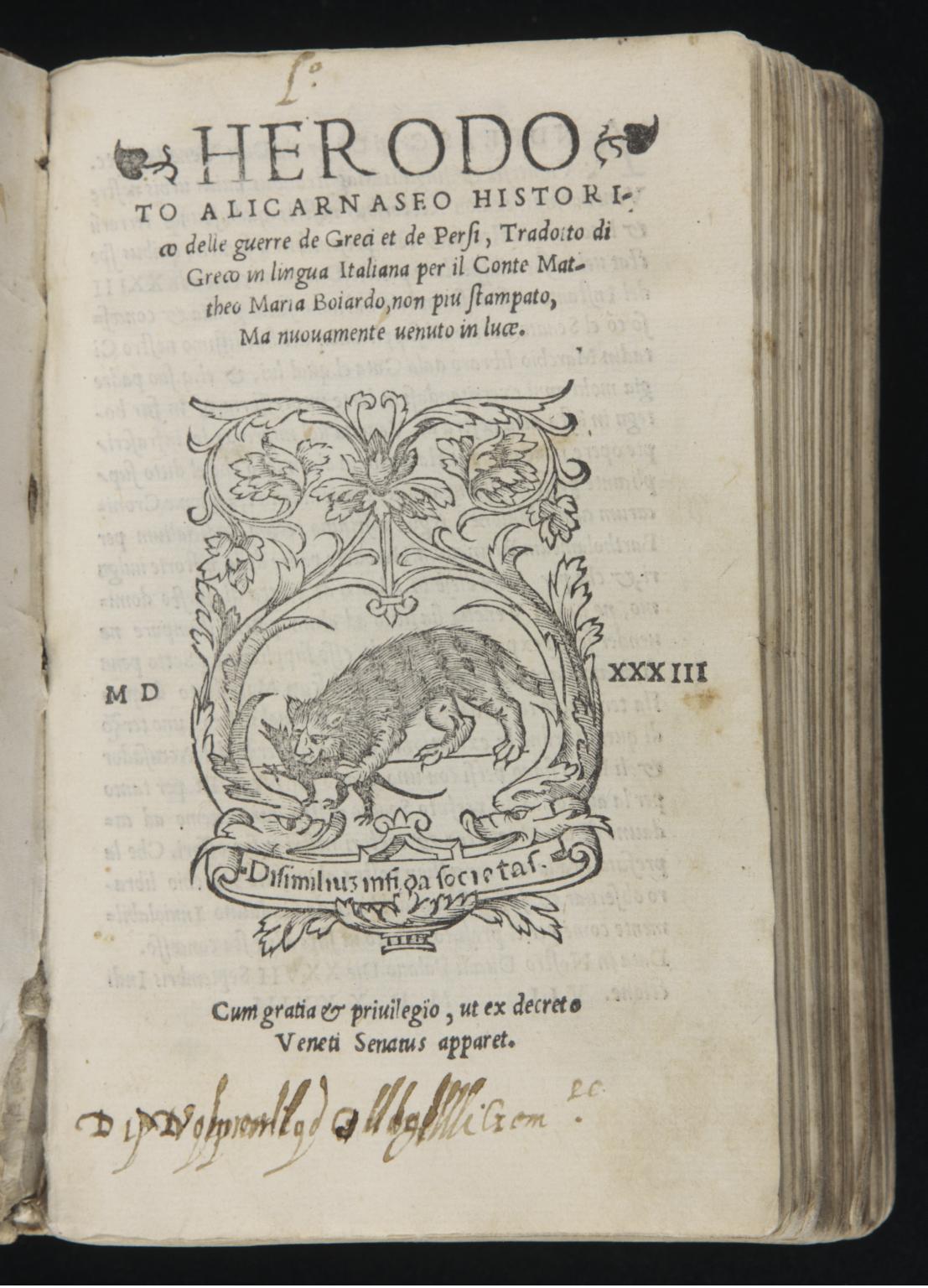Despite the arrogance of modern historians towards the Amazigh (Berbers), the Romans and Greeks knew what they were talking about
Within half century of Juba’s death his scholarly renown was apparent. Pliny wrote that he was “more remembered for the quality of his scholarship even than for his reign, and Plutarch that “he came to be numbered as one the most polymatich scholars” and “the most learned of all kings”
Pliny so valued his erudition that he believed an apparent error in one of his works was the fault of copyists. Even the Christian scholar Tertullian felt that Juba was one of the great pre-Christian men of learning. He was compared with the famous Didymos Chalkenteros, the first century BC Alexandrian noted for his prolific erudition, and was honored in the academic milieu of the Gymnasion of Ptolemaios in Athens alongside Chrysippos of Soloi, the noted stoic philosopher of the latter third century BC.
At Gades in Spain, which had made Juba duovir, an inscription honored his learning. The idea of a literary king was intriguing in antiquity – “rex literatissimus, he was called – although scholarship among kings was not unusual. Archelaos of Kappadokia, Juba’s sometime father-in-law and host, wrote on natural history and the regions visited by Alexander the Great, and was a source for Pliny and Juba.
Juba’s ancestors has scholarly inclinations. From as early as the second century BC the Numidian court was known as an intellectual center, and Juba’s grandfather Hiempsal seems to have been an historian. Thus the Mediterranean world has seen many scholarly kings, but Juba was considered the outstanding exemplar of this combination of talents
Exerpt from “The world of Juba II and Kleopatra Selene” by Duane W. Roller
Books writen by Juba II
- Roman Archeology | ca 30-25 BC
- Resemblances | ca 30-25 BC
- On Painting | ca 30-25 BC
- Theatrical History | ca 30-25 BC
- The Wanderings of Hanno | before 25 BC
- On Euphorbion | after 25 BC
- Libyka | ca 25-5 BC
- On Arabia | 2 BC-AD 5
- On Assyria | 2 BC-AD 5
- Epigrams | after 25 BC




1374/5000
The pseudo Kabyles who take back the Western writings of Holocaust deniers to tell us that our ancestors did not write their history when there were among them many historians have yet understood nothing morbid game of France and its allies who in Writes the false story to their liking, which, alas, everyone takes it up without a doubt. And poutout digging just a little in the very old books because not written by the gravediggers one discovers the truth of the imaginary Arab plot. One must never trust all the writings of the West. Notably of the criminal france who invented even the Arabs and imaginary invaders as well as the Phoenicians who are in fact African nords. So how can they come from Lebanon to civilize Their great grandparents?
The story is to be rewritten by the manipulative winners. Everything is done for Amazigh Africa to be perceived as a land without people of light while it has born those who have made the light of humanity because it has Surpassed that of a French territory which also took advantage of it to turn against it. A truth the truth is on its way to deconstruct its imaginary Arab world built with the attributes of true civilizations.
https://www.franceculture.fr/emissions/concordance-des-temps/les-arabes-au-xixe-siecle-une-invention-francaise
You are absolutely right on the whole line. You are not the only one who has discovered the deceit. We see how the pseudo Arab invasions started from a written fable two centuries after the events. On the subject of the Phoenicians, as you say, a people of marching do not create civilization or colony. Gabriel Campe had also denounced it. Your contributions are very enriching. Thank you
I am Proude of my ancestors berber (amazigh) from massinissa to juba ||. Proude of numedia all amazigh civilisation.
We are not arab we are colonised by arabic still today.
From. L O N D O N